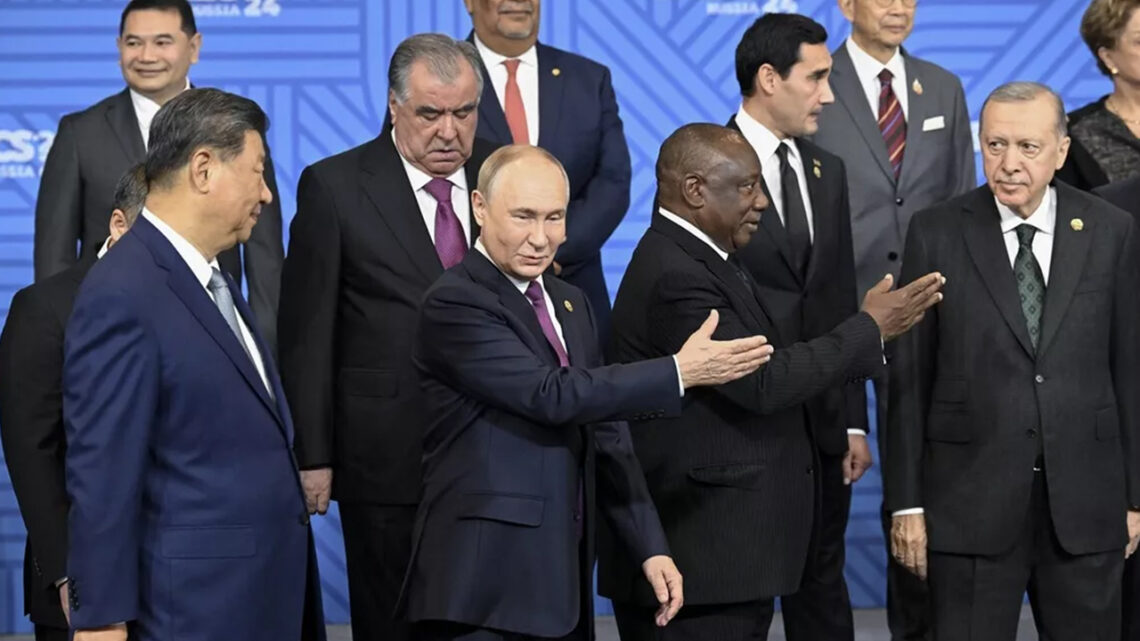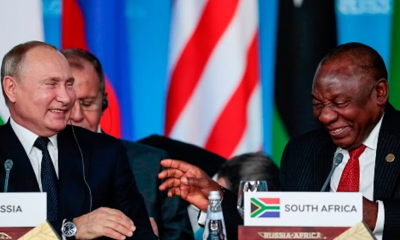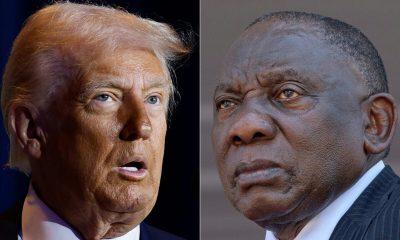411
Turkey Seeks BRICS Membership Amid Strained EU Relations

Turkey has formally expressed interest in joining BRICS, aligning itself with South Africa, Brazil, Russia, India, and China, as it seeks stronger economic alliances beyond the European Union (EU).
Foreign Minister Hakan Fidan confirmed Turkey’s aspirations in an interview with Bloomberg TV, stating that President Recep Tayyip Erdogan is eager to expand the country’s economic options. “The EU was our first choice,” Fidan said, “but if we cannot be part of it, then other alternatives will always be on the table.”
Turkey’s Long Road to the EU
Turkey has been in a decades-long pursuit of EU membership but has faced continuous roadblocks. The EU has cited concerns over human rights and democratic standards as key reasons for the stalled accession process. Ankara, however, argues that cultural differences are a significant factor in its exclusion.
Despite its frustrations with the EU, Turkey has not completely abandoned its European ambitions. However, as global economic dynamics shift, Ankara is now actively exploring other international partnerships, particularly through BRICS.
Turkey’s BRICS Aspirations
Fidan confirmed that Turkey had submitted a formal request to join BRICS, hoping to secure greater economic cooperation with emerging markets. However, as of November, Turkey has only been granted “partner-country status,” which falls short of full membership.
Speaking at the G-20 summit of foreign ministers in Johannesburg, South Africa, Fidan emphasized Turkey’s commitment to multilateralism. “In the modern world, no one country can alone overcome economic and political issues,” he said.
BRICS, which recently expanded to include five new countries, including Iran and Indonesia, has positioned itself as an alternative to Western-led economic structures. The bloc controls a multilateral development bank and has drawn criticism from U.S. President Donald Trump, who sees its influence as a challenge to the dominance of the U.S. dollar.
What BRICS Membership Could Mean for Turkey
Joining BRICS could provide Turkey with:
- Greater market access to major economies like China, India, and Russia.
- Stronger economic cooperation with emerging markets.
- Diversified trade and investment opportunities outside of the EU framework.
Despite these potential benefits, BRICS countries lack the institutional cohesion of the EU, with members often pursuing different economic and political agendas. However, for Turkey, forging closer ties with BRICS nations represents a pragmatic step toward global economic integration.
Turkey’s Growing Role in Africa
Beyond BRICS, Turkey has been expanding its diplomatic and economic footprint in Africa. It has established strong ties with countries like Somalia, particularly in counterterrorism efforts. According to Fidan, Turkey offers African nations new economic and security opportunities, reinforcing its commitment to international cooperation.
The Road Ahead for Turkey
As Turkey continues to navigate its complex relationship with the EU, its interest in BRICS signals a broader shift in global alliances. Whether or not full membership is granted, Ankara’s pursuit of new economic partnerships highlights its evolving role in the international order.
Would Turkey’s inclusion in BRICS reshape the balance of global trade?
Follow Joburg ETC on Facebook, Twitter , TikTok and Instagram
For more News in Johannesburg, visit joburgetc.com



























